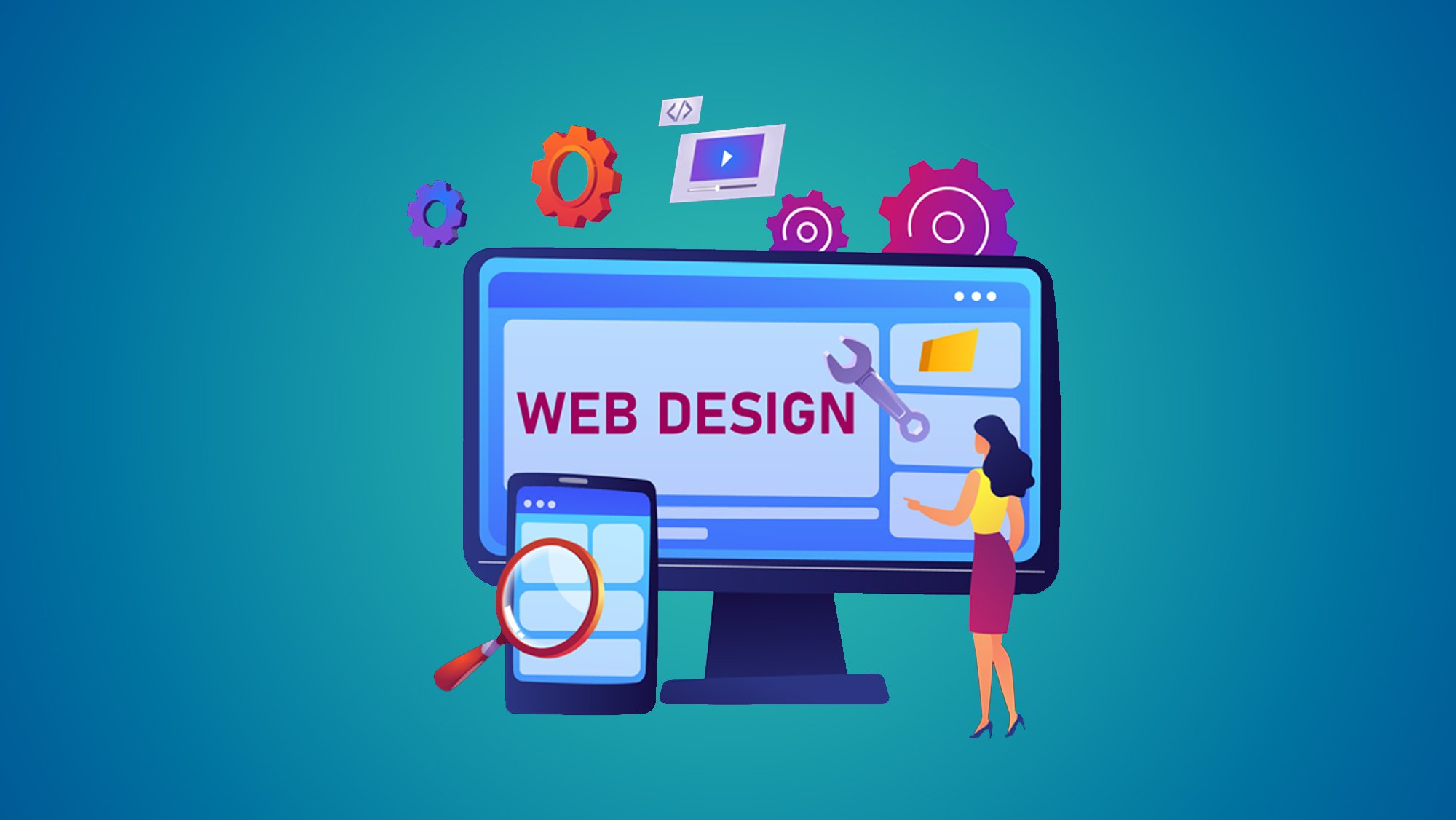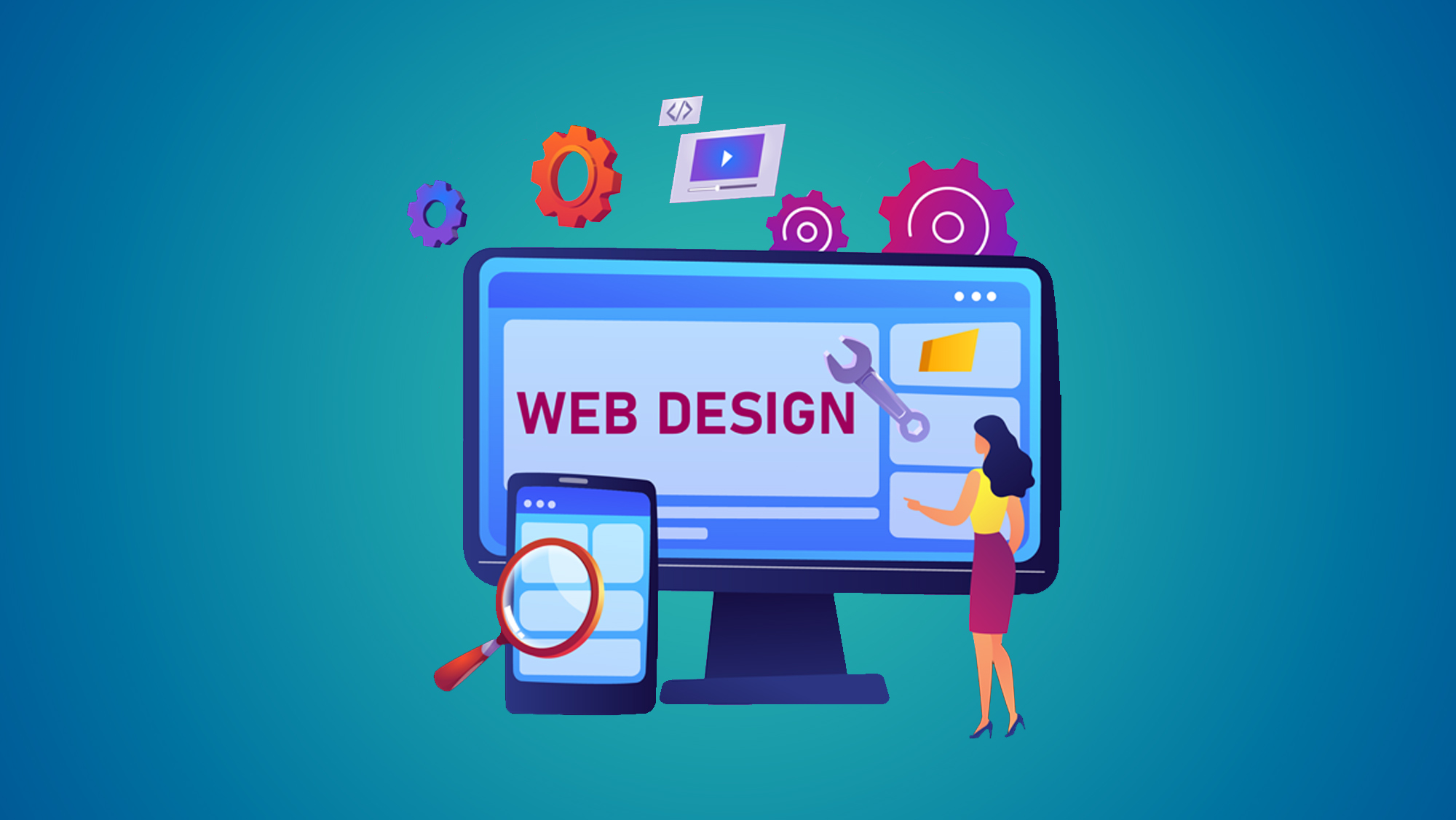What are the Key Components of Mastering Web Design Training?
- Design Principles: Understanding fundamental design principles like layout, balance, hierarchy, color theory, typography, and whitespace is crucial for creating visually appealing and cohesive web designs.
- HTML and CSS: Proficiency in HTML (Hypertext Markup Language) and CSS (Cascading Style Sheets) is essential for structuring web content and applying styles to achieve the desired visual presentation.
- Responsive Design: Learning how to create responsive designs that adapt to different screen sizes and devices is important in today's mobile-centric world.
- User Experience (UX) Design: Mastering UX design involves creating intuitive and user-friendly interfaces, conducting user research, wireframing, prototyping, and usability testing to optimize the overall user experience.
- Web Accessibility: Understanding web accessibility guidelines and techniques ensures that websites are inclusive and can be accessed and used by individuals with disabilities.
- Web Performance Optimization: Optimizing website performance by implementing techniques such as image optimization, minification, caching, and code optimization is crucial for faster load times and a better user experience.
- Content Management Systems (CMS): Familiarity with popular CMS platforms like WordPress, Drupal, or Joomla allows designers to build and manage websites efficiently.
- Design Tools: Proficiency in design tools like Adobe Photoshop, Sketch, Figma, or Adobe XD enables designers to create mockups, prototypes, and graphics for web projects.
Who can do Mastering Web Design Courses?
Mastering Web Design courses are suitable for anyone passionate about web design. Whether you're a beginner looking to enter the field or an experienced professional seeking to enhance your skills, these courses offer valuable insights and practical knowledge. From designers and developers to entrepreneurs and marketing professionals, anyone seeking to create visually appealing and user-friendly websites can benefit from Mastering Web Design courses. No prior experience is required, making it accessible to a wide range of individuals eager to master the art of web design.
Mastering Web Design Career Opportunities
- Web Designer: As a web designer, you can create visually appealing and user-friendly websites using your mastery of design principles, HTML, CSS, and other relevant technologies.
- UX/UI Designer: With a focus on user experience (UX) and user interface (UI) design, you can create intuitive and engaging interfaces that enhance the usability and satisfaction of website visitors.
- Front-End Developer: Combining web design skills with coding knowledge, you can work as a front-end developer, responsible for translating design concepts into functional and interactive websites using HTML, CSS, and JavaScript.
- Freelancer or Independent Web Designer: Many web designers choose to work independently, offering their services as freelancers or consultants to clients. This allows for flexibility, creative freedom, and the opportunity to work on diverse projects.
- Digital Agency Designer: Web design professionals are in demand in digital agencies, where they collaborate with teams to create websites, landing pages, and digital marketing materials for clients across various industries.
- User Experience Researcher: Specializing in UX research, you can conduct user studies, gather insights, and apply user-centered design methodologies to improve the overall user experience of websites and digital products.
- E-commerce Website Designer: E-commerce continues to grow, creating a need for designers who can create visually appealing and conversion-focused online stores, optimizing the customer journey and maximizing sales.
- Mobile App Designer: As mobile app usage increases, there is a demand for designers who can create captivating and user-friendly interfaces specifically tailored for mobile devices.
- Web Design Educator: Sharing your expertise and passion for web design, you can pursue a career in teaching or training, helping others develop their skills and knowledge in the field.
- Web Design Entrepreneur: With a combination of business acumen and web design skills, you can start your own web design agency or business, offering a range of services to clients.
Why is Mastering Web Design Training Important?
Mastering Web Design training is crucial for several reasons. Firstly, in today's digital age, a strong online presence is vital for businesses and individuals to thrive. Effective web design ensures that websites are visually appealing, user-friendly, and capable of attracting and retaining visitors. Secondly, by mastering web design, professionals can create a seamless user experience, leading to increased customer satisfaction and engagement. Lastly, possessing web design skills opens up career opportunities in various industries, as businesses increasingly rely on skilled designers to enhance their online presence.
Conclusion:
Mastering web design is a crucial skill in today's digital landscape. It empowers individuals to create visually appealing and user-friendly websites, contributing to a positive user experience. With the increasing demand for web designers, mastering web design opens up a wide range of career opportunities. By combining creativity, technical expertise, and a deep understanding of design principles, individuals can shape the digital world and make a significant impact in the online sphere.







No Comments Yet
Let us know what you think